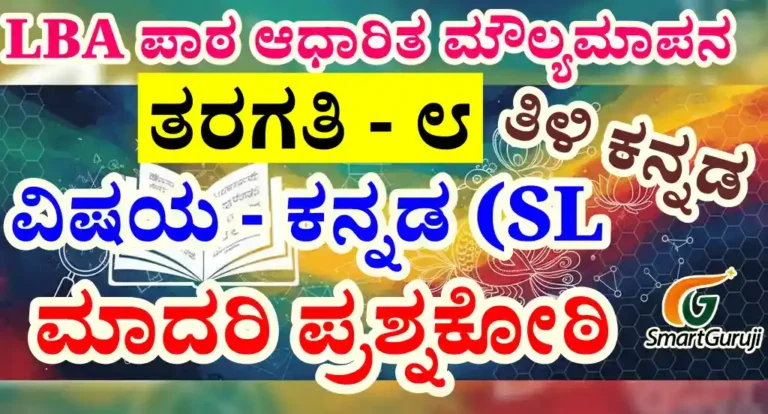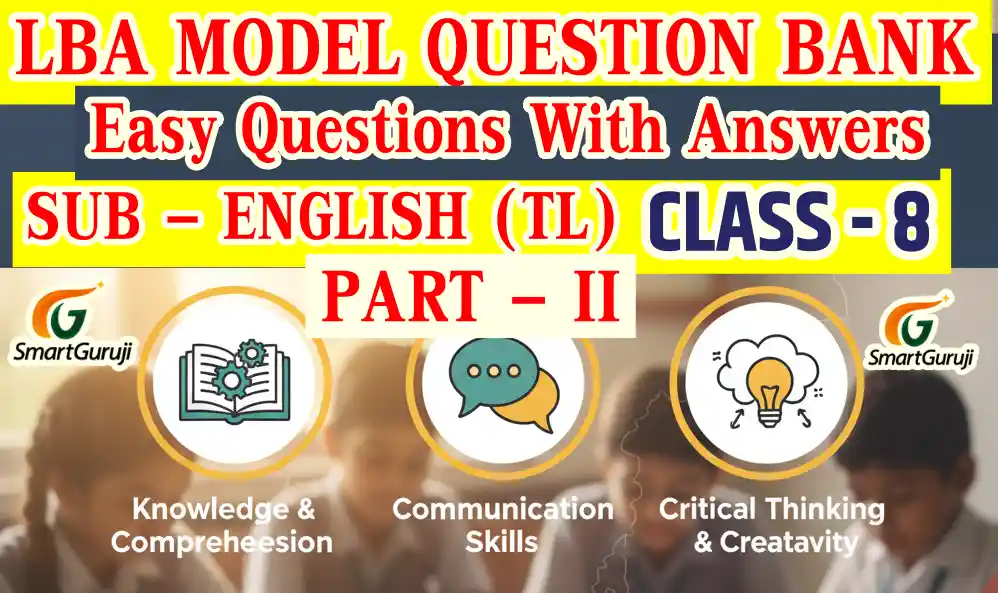Marathi Translation with English Stanza-wise Explanation
POEM- 7
AUTHORSHIPYou say that father writes a lot of books, but what he
Writes I don’t understand.
He was reading to you all the evening, but could you
Really make out what he meant?
What nice stories, mother, you can tell us! Why can’t
Father write like that, I wonder?
Did he never hear from his own mother stories of
Giants and fairies and princesses?
Has he forgotten them all?Often when he gets late for his bath you have to go
And call him a hundred times.
You wait and keep his dishes warm for him, but he
Goes on writing and forgets.
Father always plays at making books.
If ever I go to play in father’s room, you come and
Call me, “What a naughty child!”
If I make the slightest noise you say, “Don’t you see
That father’s at his work?
What’s the fun of always writing and writing ?
When I take up father’s pen or pencil and write upon
His book just as he does, -a, b, c, d, e, f, g, h, i, – why
Do you get cross with me then, mother?
You never say a word when father writes.
When my father wastes such heaps of paper, mother,
You don’t seem to mind at all.
But if I take only one sheet to make a boat with, you
Say, “Child, how troublesome you are!”
What do you think of father’s spoiling sheets and
Sheets of paper with black marks all over on both sides?
- Rabindranath Tagore
Meaning of the Title – “Authorship”
In English:
The title “Authorship” means the ability to write and create books. The child’s father is an author, but the child does not understand his writing. The child wants to be like his father but is treated differently when he tries to write.
In Marathi:
“लेखन हक्क” किंवा “लेखकत्व” म्हणजे लेखक होण्याची क्षमता. या कवितेत मुलाचा वडील लेखक आहे, पण मुलाला त्याचे लेखन समजत नाही. तो स्वतः वडिलांसारखे लिहायचे प्रयत्न करतो, पण त्याला वेगळ्या प्रकारे वागवले जाते.
New Words with Meanings in Marathi
| English Word | Marathi Meaning |
|---|---|
| Authors | लेखक |
| Fairies | पर्या |
| Giants | राक्षस |
| Dishes | अन्नाचे ताटे |
| Slightest | अगदी थोडा |
| Cross | रागावलेला |
| Heaps | मोठा ढीग |
| Spoiling | वाया घालवणे |
| Troublesome | त्रासदायक |
Meaning of the Poem – “Authorship”
The poem “Authorship” by Rabindranath Tagore is about the innocent and curious thoughts of a child. The child wonders why his father, who is a writer, spends so much time writing serious books instead of telling fun and interesting stories like his mother. The child finds it unfair that his father is allowed to write and use paper freely, but when he tries to do the same, he is scolded. Through this poem, the poet highlights the difference in how children and adults view the world.
Stanza 1: The Child’s Confusion about His Father’s Books
Lines:
“You say that father writes a lot of books, but what he
Writes I don’t understand.
He was reading to you all the evening, but could you
Really make out what he meant?”
Explanation in Marathi:
मुलाला माहिती आहे की त्याचा वडील खूप पुस्तके लिहितो, पण त्याचा अर्थ समजत नाही.
तो पाहतो की त्याचे वडील आईसाठी संध्याकाळभर पुस्तके वाचतात, पण तिला देखील त्याचा अर्थ कळत नाही.
Example:
बर्याच वेळा मुलांना मोठ्यांचे पुस्तकं कंटाळवाणी आणि कठीण वाटतात, पण त्यांना सोपी झोपताना ऐकायची गोष्ट आवडते.
Stanza 2: The Child’s Love for Stories
Lines:
“What nice stories, mother, you can tell us! Why can’t
Father write like that, I wonder?”
Explanation in Marathi:
मुलाला आईच्या गोष्टी आवडतात जसे की राक्षस, पर्या आणि राजकन्यांचे कथानक.
तो आश्चर्य करतो की त्याचे वडील अशा मजेशीर आणि रोमांचक गोष्टी का लिहीत नाहीत.
Example:
मुलांना परीकथा आणि साहस कथा आवडतात, पण मोठे लोक ज्ञान आणि वास्तव यावर पुस्तके लिहितात.
Stanza 3: The Father’s Forgetfulness
Lines:
“Often when he gets late for his bath you have to go
And call him a hundred times.
You wait and keep his dishes warm for him, but he
Goes on writing and forgets.”
Explanation in Marathi:
वडील लेखनात इतके गुंग असतात की त्यांना आंघोळीला उशीर होतो किंवा जेवण करायला विसरतात.
आई त्यांना सतत आठवण करून देते, पण ते लिहिण्यात व्यस्त असतात.
Example:
कधीकधी मोठे लोक त्यांच्या कामात इतके व्यस्त होतात की त्यांना दैनंदिन गोष्टी विसरायला होतात.
Stanza 4: The Child Feels Unfairly Treated
Lines:
“If I make the slightest noise you say, ‘Don’t you see
That father’s at his work?’
What’s the fun of always writing and writing?”
Explanation in Marathi:
मुलगा जर थोडासा आवाज केला, तर त्याला ओरडले जाते कारण त्याचे वडील काम करत असतात.
त्याला कळत नाही की इतके लिहिणे का गरजेचे आहे.
Example:
पालक मुलांना शांत बसायला सांगतात, पण मुले हे का गरजेचे आहे हे समजून घेत नाहीत.
Stanza 5: The Child’s Innocent Imitation
Lines:
“When I take up father’s pen or pencil and write upon
His book just as he does – a, b, c, d, e, f, g, h, i – why
Do you get cross with me then, mother?”
Explanation in Marathi:
मुलगा त्याच्या वडिलांप्रमाणेच पुस्तकावर लिहू इच्छितो.
पण जेव्हा तो तसे करतो, तेव्हा त्याला आई ओरडते, आणि तो हे का होते याबद्दल आश्चर्यचकित होतो.
Example:
मुलांना त्यांच्या पालकांचे अनुकरण करायला आवडते, पण त्यांना नेहमी तसे करू दिले जात नाही.
Stanza 6: The Use of Paper
Lines:
“When my father wastes such heaps of paper, mother,
You don’t seem to mind at all.
But if I take only one sheet to make a boat with, you
Say, ‘Child, how troublesome you are!’”
Explanation in Marathi:
मुलगा पाहतो की त्याचे वडील भरपूर कागद लिहायला वापरतात, पण कोणीही त्यांना थांबवत नाही.
पण जेव्हा तो फक्त एक कागदाची होडी बनवतो, तेव्हा त्याला त्रासदायक म्हणून ओरडले जाते.
Example:
मोठ्यांना काहीही वापरण्याची मुभा असते, पण मुलांनी काहीतरी सर्जनशील करायचे म्हटले की त्यांना थांबवले जाते.
Moral of the Poem
ही कविता मुलांचे निरागस मन दाखवते आणि मोठ्यांच्या वागणुकीतील विसंगतीवर प्रश्न उपस्थित करते.
ही कविता आपल्याला जाणवते की मुलांनीही मोठ्यांप्रमाणेच नवनिर्मितीला वाव द्यायला हवा.
Conclusion
Rabindranath Tagore beautifully captures the innocence and curiosity of a child. The child’s simple questions make us think about how adults treat children differently. This poem is a reminder that we should respect children’s creativity and give them the freedom to explore and learn.




